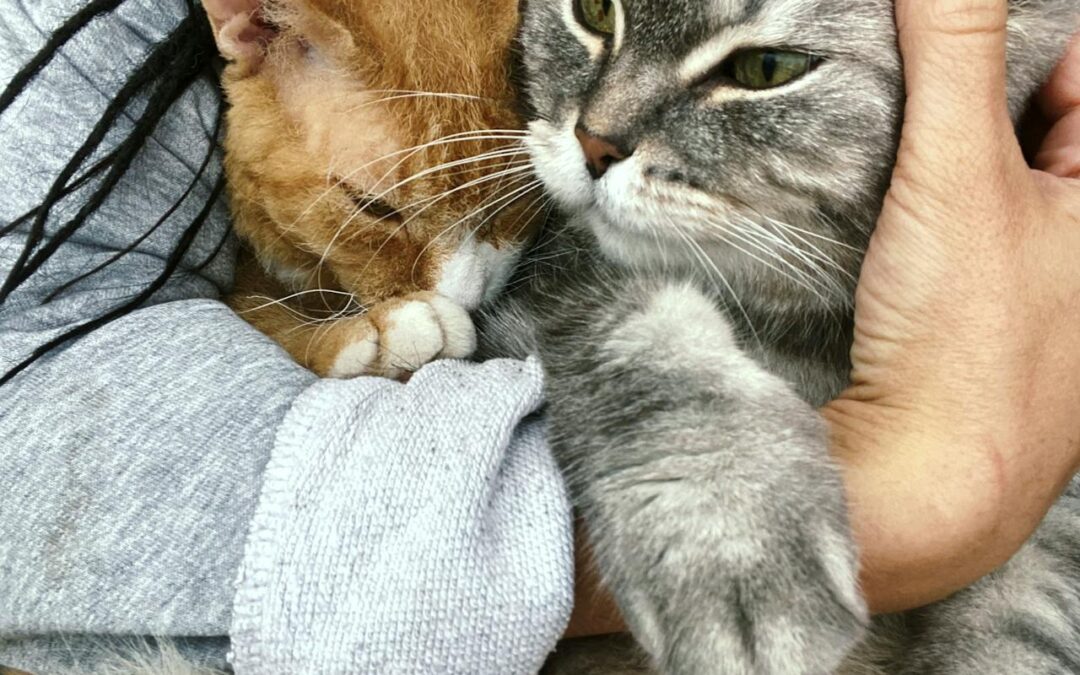Service, therapy, and emotional supportanimals that assist humans do so in several different capacities. And there are a range of species that are trained to perform this type of work. Whether it’s offering emotional support or helping with the tasks of daily living, there’s much to learn about these invaluable creatures and who they are.
First, we’ll consider the distinct ways that humans depend on their animal helpers. One of the more recognizable jobs is that done by seeing eye dogs. These canines fall into the category of service animals and what they do is defined by the Americans with Disabilities Act. The act stipulates that only dogs may be trained as service animals for people with disabilities, and this includes the specific training and certifications needed.
In contrast, emotional support animals require no training and have no specific certifications. Essentially, their job is to give comfort and emotional support to their owners in whatever situation they are in during the day. Virtually any species can be an emotional support animal.
Finally, there are therapy animals. These creatures work with a handler who trains and certifies them. They accompany their handler to facilities like schools, hospitals, and care homes for elderly people where they put individuals at ease and alleviate the stress of illness or a traumatic event. Therapy animals can be dogs or another type of creature.
Unique therapy and emotional support animals
Now, let’s explore 10 of the more unusual creatures filling a therapy or emotional support role for their humans.
- Ducks—You don’t have to live on a farm to select a duck as your emotional support companion. Granted, ducks need outdoor time. However, they’re quite social by nature and will bond with their owner if they’re handled from birth.
- Ferrets—One of the nice things about ferrets is that they’re amenable to being litter trained. They’re small friendly creatures who’ll enjoy travelling with you, no matter where you have to go. The aura of calm they retain in different environments makes them ideal support animals.
- Llamas—Since llamas are large animals, you’re not going to be able to take them everywhere you would a smaller species. These majestic creatures are very affectionate with their owners. They love to nuzzle and give kisses. The only downside is that they’re spitters.
- Monkeys—Capuchin monkeys, in particular, have been used as emotional support animals. Not only do they offer comfort and cuddles, but they can be trained to help their owners perform certain tasks that might be difficult due to mobility issues. Interestingly, they’re even adept at turning on a computer.
- Miniature horses—Like llamas, miniature horses are not the kind of creature you can easily travel with. Since they are herd animals, it’s important that those chosen for support and therapy work have the right personality. They need to be outgoing and fearless.
- Pigs—Pigs are known to be very intelligent animals that have a sensitive side. Their ability to readily bond with their owners makes them terrific support animals. In addition, pigs are quite comfortable in social settings, which allows you to take them virtually anywhere. It’s no surprise that miniature breeds are popular for therapy or emotional support roles.
- Rabbits—Like many other smaller-sized support animals, rabbits have the advantage of being portable. Their quiet demeanor, soft coat, and floppy ears add to their attractiveness. These animals can be great in a group therapy setting if they are socialized early on and exposed to groups of people.
- Rodents—Whether we’re talking about chinchillas, guinea pigs, hamsters, or rats, any of these rodents can become excellent support animals. Many of these little creatures have a calming effect and are quite capable of bonding with their human caretakers. For instance, rats are both docile and intelligent, which are admirable support qualities.
- Snakes—As therapy companions, if you’re partial to reptiles, these creatures are worthy of consideration. Since snakes are basically hypoallergenic, you don’t need to worry about taking them into spaces where people may have pet allergies. One notable characteristic of snakes is that their tendency to squeeze you a little can feel like a comforting hug.
- Tarantulas—This is a type of support animal that may strike fear into other people. In fact, despite their appearance, these creatures do not pose a threat to humans. Their venom level is quite low so a bite from them isn’t dangerous. They have soft hair, not unlike that of many mammals, and this makes them pleasant to touch.
In closing
Indeed, there are an incredible range of creatures acting as emotional support or therapy animals. From ducks to monkeys and rodents, these are a few of the more uncommon ones.

